Black and white photos capture the essence of the story in a way that is hardly achieved by other means. It is a classic depiction of the past and its important events.
But something even more incredible happens when we look at an old photograph, originally in black and white, artificially colored, it seems that that past, once just a memory, now becomes more vivid, and more surreal at the same time.
SEE ALSO:
- 11 Things More Worn Out Than Your Hope Of Getting Back To Normal
- William Mumler: The Man Who Photographed Ghosts
- Historical Photos with Description
Take a look at some of the most iconic digitally colored photographs in history:
Daguerreotype by Edgar Allen Poe.
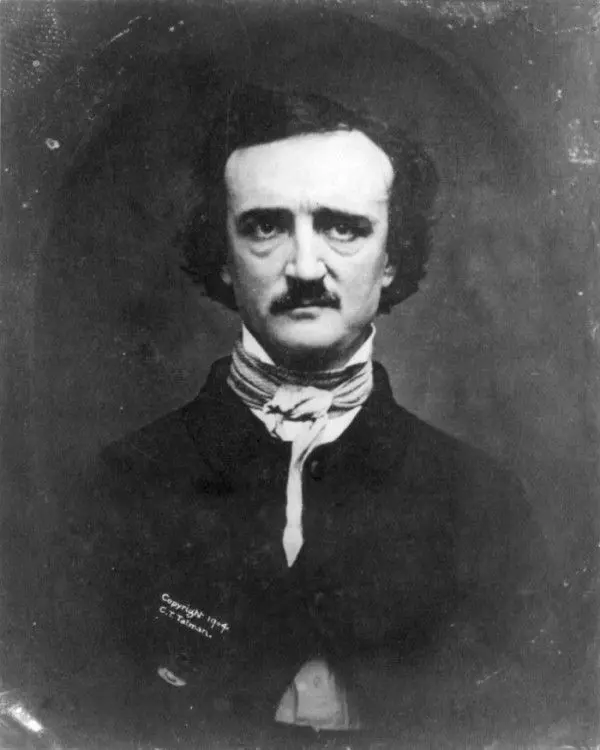
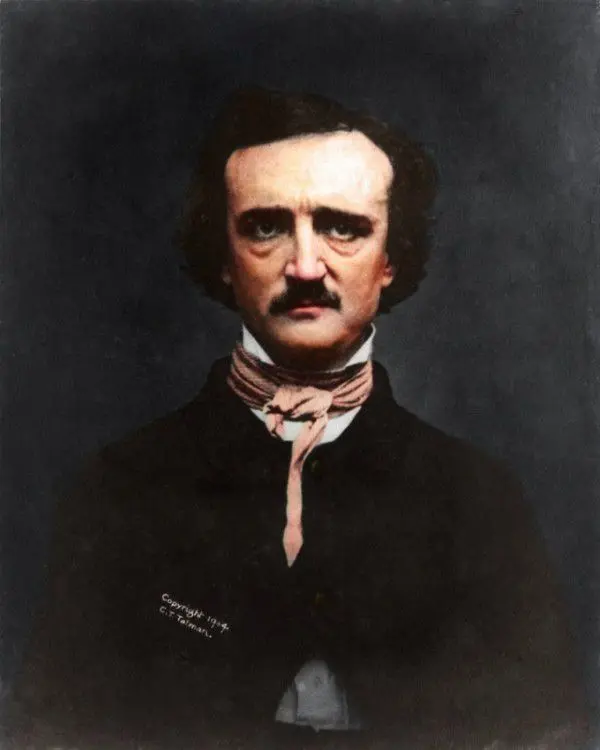
It is a daguerreotype (photographic process done without a negative image) by Edgar Allen Poe, created by W.S. Hartshorn in 1848. But why is there a text in it that says “Copyright 1904. CT Talman«?
Poe died on October 7, 1849, and the photo was first published in 1880. So who was this C.T. Talman? The Internet gives us very little information about this photographer, whose only claim to immortality seems to have been to provide this priceless historical record: an image of the literary giant, Edgar Allan Poe.
A brief investigation shows that this is actually from 1848. It is clear that the photo was taken 55 years before the 1904 date inscribed on it by C.T. Talman. The photo was apparently taken by W.S. Hartshorn in Providence, Rhode Island on November 9, 1848, and then rephotographed (or blatantly copied) by C.T. Talman in 1904.
Marie Curie.
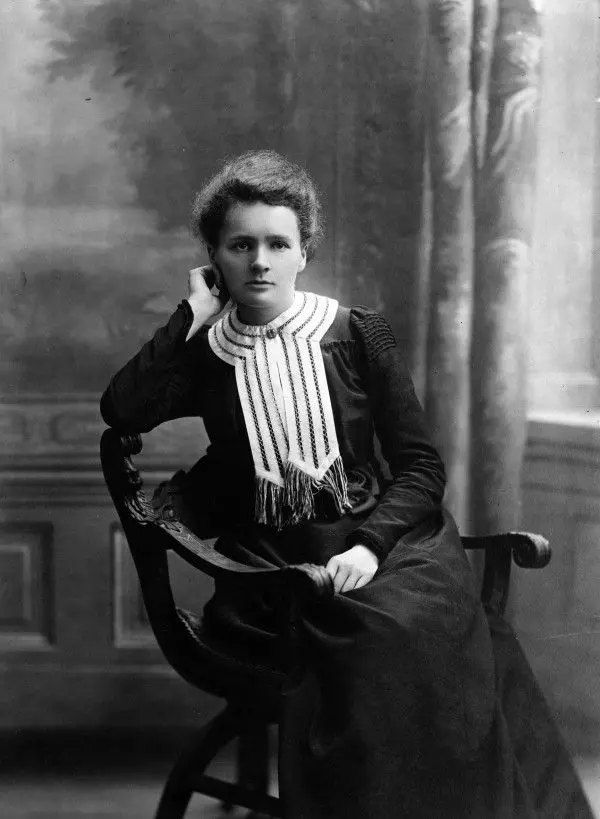
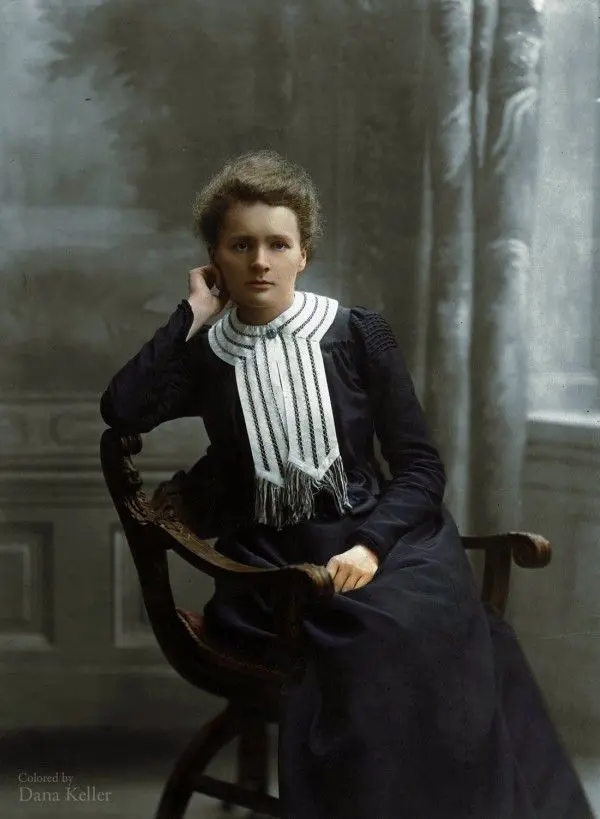
Everyone should know about this two-time Nobel laureate Polish scientist, known mainly for her discoveries in the field of radioactivity, a phenomenon that was previously unknown. The photo above is from 1905. The background is not in color because most, if not all, of the studios in those days were painted in black and white.
Auguste Rodin.
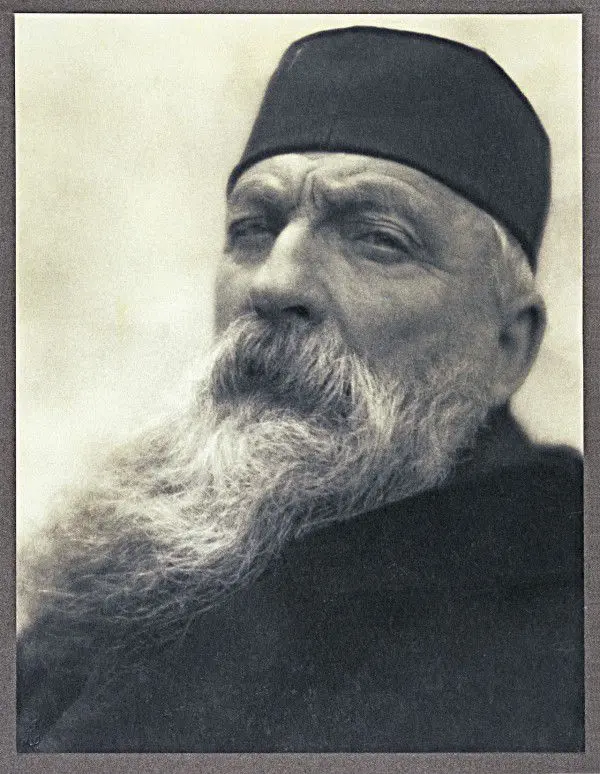
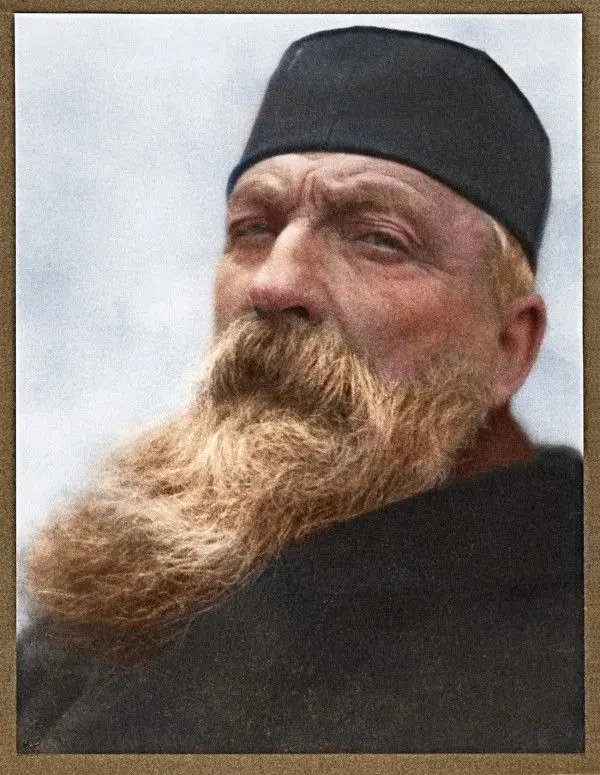
Rodin was a famous French sculptor (1840-1917), with outstanding works such as The Kiss and The Thinker. The photo is from 1906 and was taken by Alvin Langdon Coburn.
Steam pump.
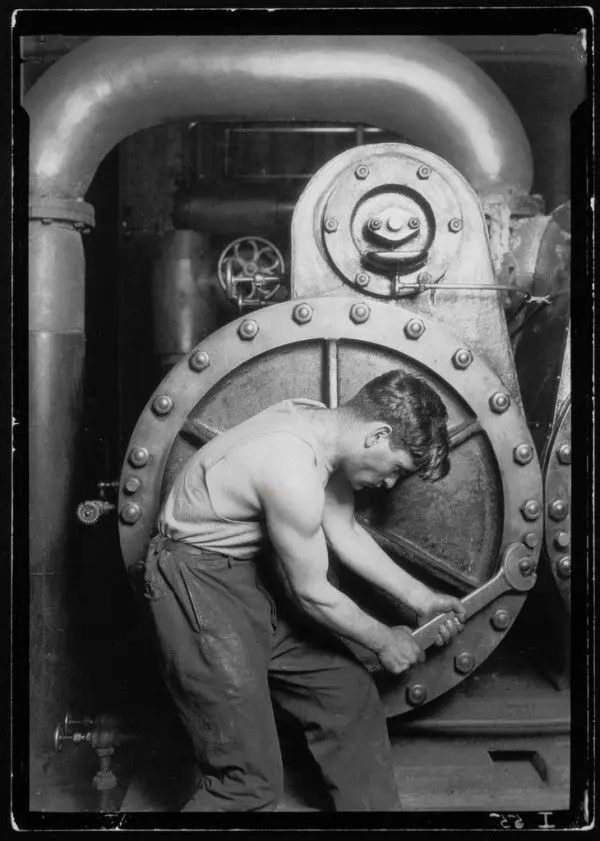
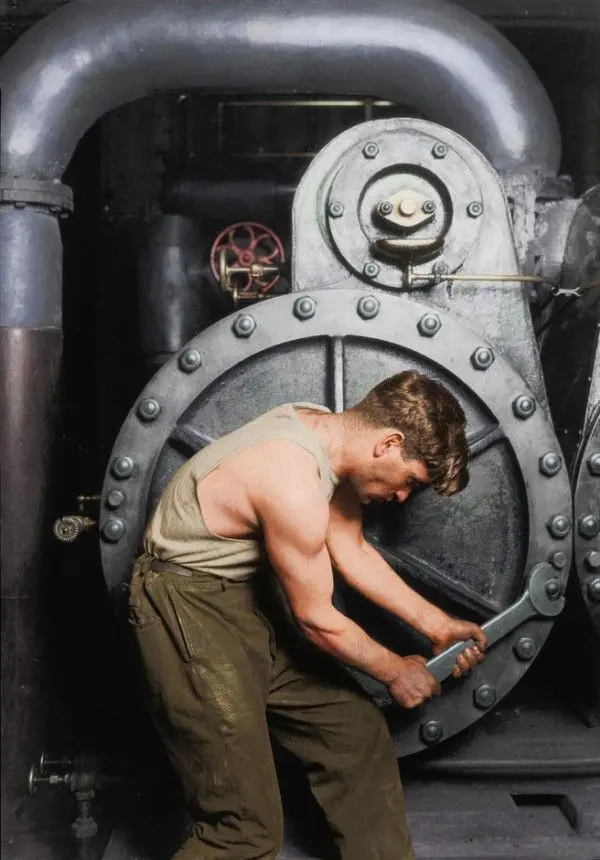
This 1920 mechanical steam pump was photographed by Lewis Wickes Hine. The color gives us a much clearer idea of what it was like to work with such an object at that time.
Tattoo Studio.
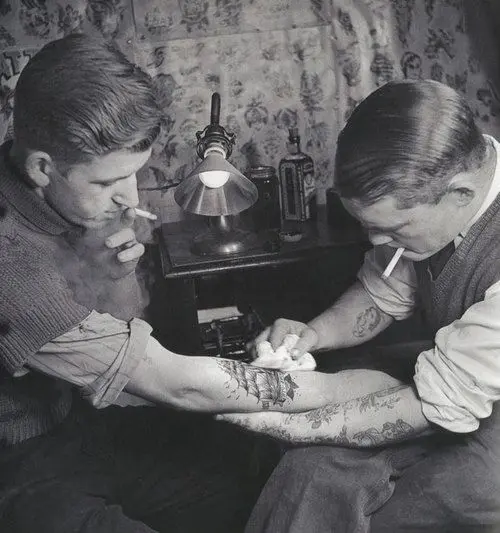
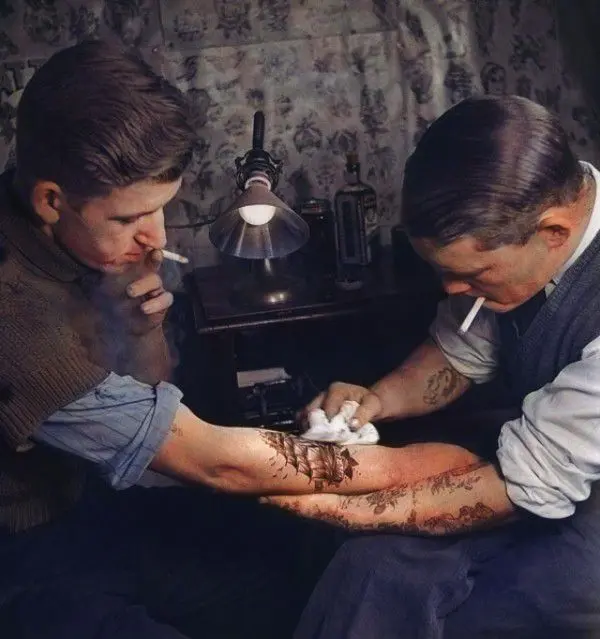
The photo in this studio is from 1920. The color makes the image look much more recent.
Joan Crawford.
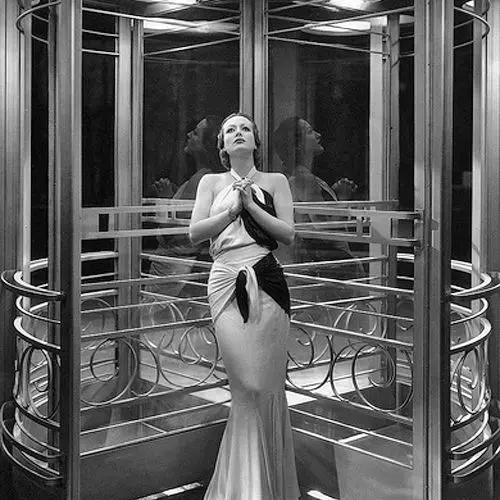
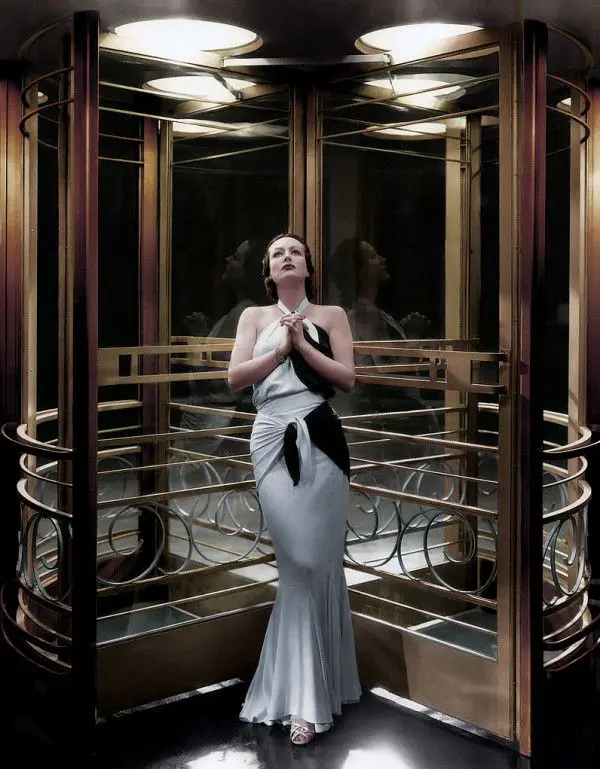
Stage name Lucille Fay LeSueur, this American actress had a long career in film, theatre and television, winning an Oscar in 1945. The color photo preserves his memory in a more vivid way.
Hämeenlinna.
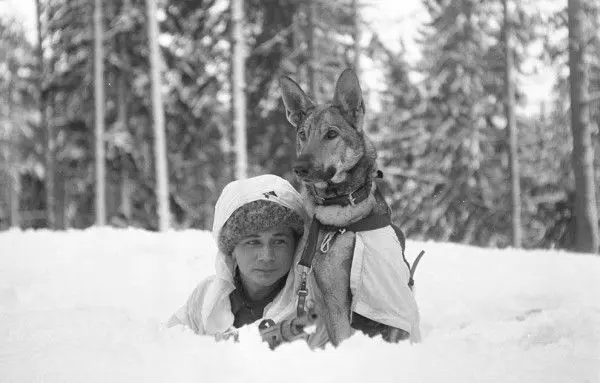
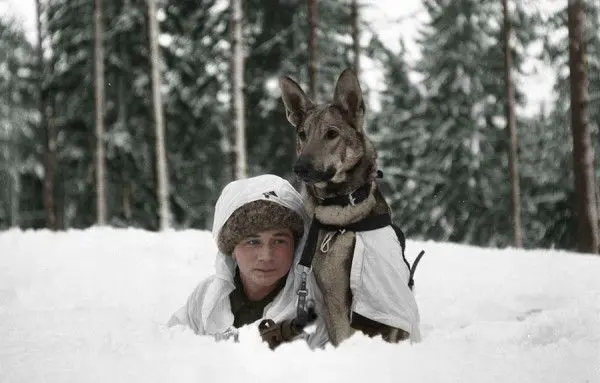
This photo was taken in Hämeenlinna, Finland, during World War II. It depicts a boy and a dog at a school for war dogs.
Flamethrower.
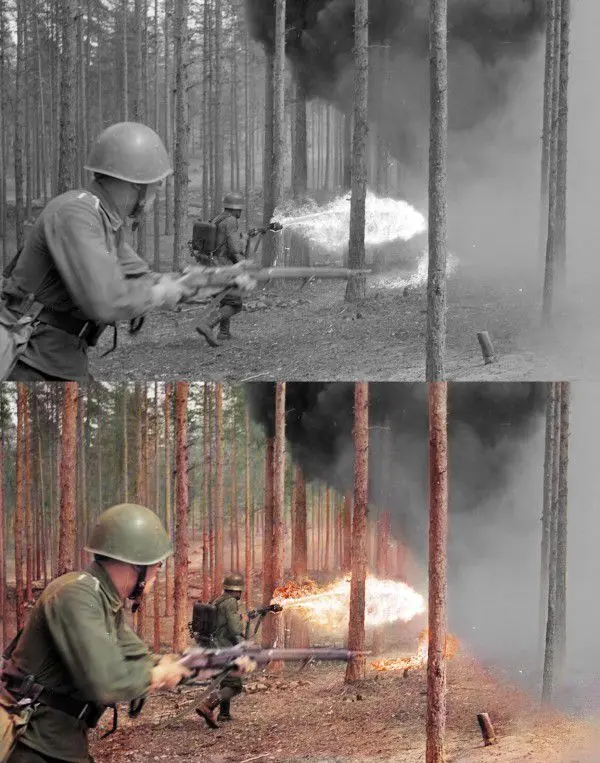
Photo of a flamethrower in action in a forest near the village of Niinisalo, Finland, on July 1, 1942.
Battle of Stalingrad.
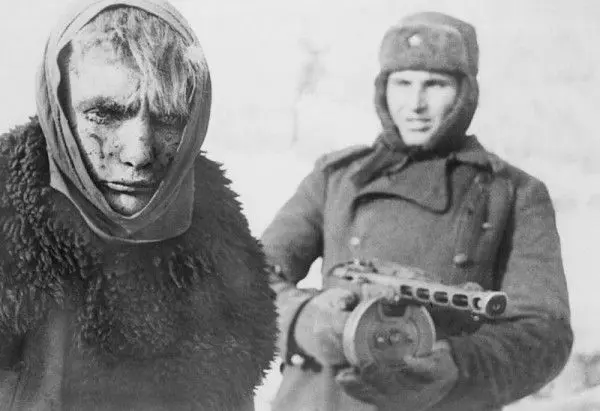
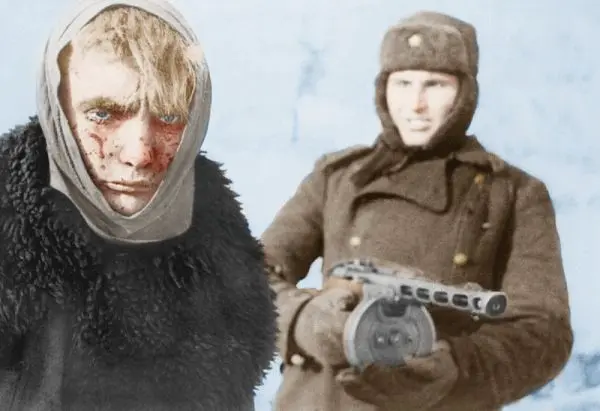
A Soviet soldier with a PPSh-41 submachine gun “protects” a German prisoner of war with burns and wounds during the Battle of Stalingrad (during World War II), in Russia, in January 1943.
American soldiers.
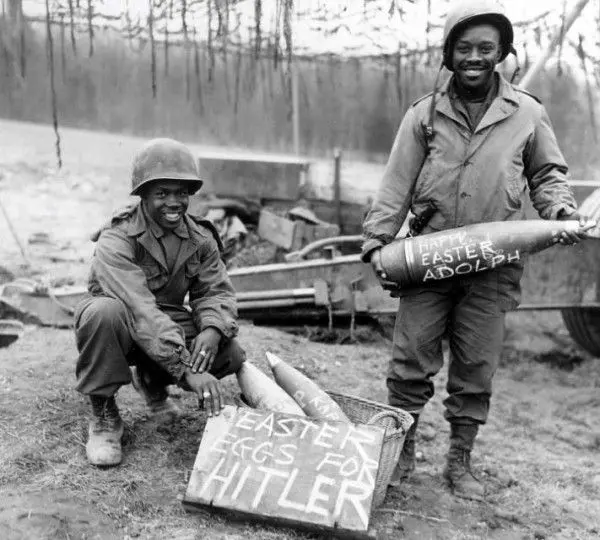
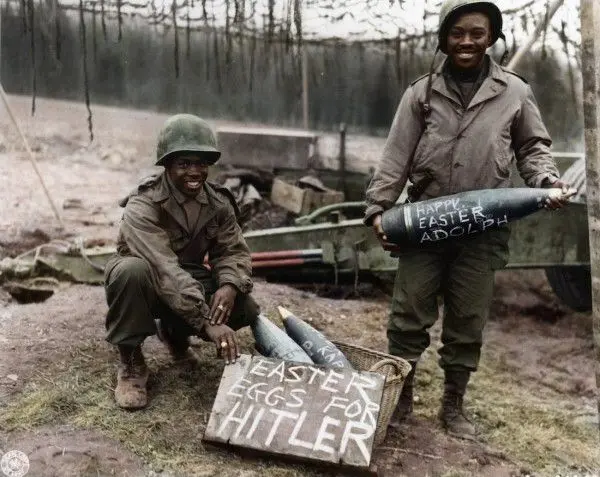
Two U.S. soldiers proudly display their custom Easter eggs (155mm artillery shells) before dumping them in northeastern France, during Easter 1945, the final year of World War II. The plaque dedicates the “eggs” to Hitler.
Marilyn Monroe.


Marilyn’s beauty photograph in 1953.
Ernesto “Che” Guevara.


This photo of Che Guevara, founder of the Cuban Revolution, was taken in January 1959 by Joseph Scherschel.
The Beatles.
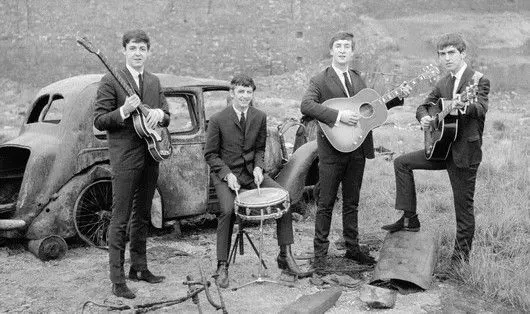
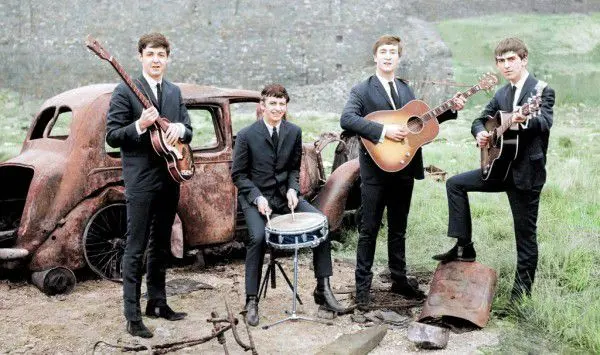
Photo from 1962.
Apollo 11.
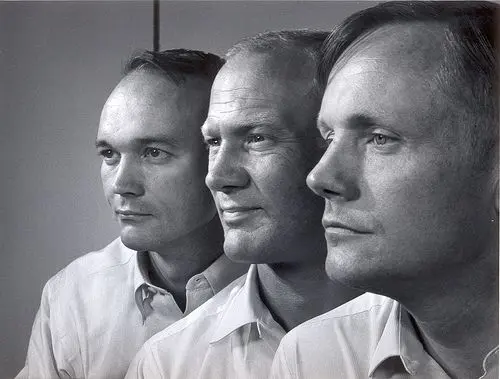

This photo from 1969 shows the crew of the Apollo 11 space mission: Michael Collins, Buzz Aldrin, and Neil Armstrong. The image was taken by Yousuf Karsh.
The Hindenburg disaster.
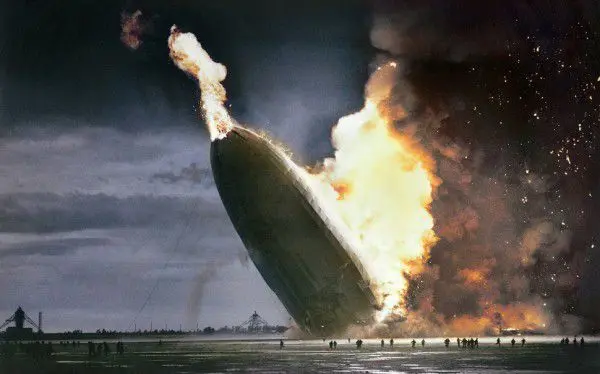
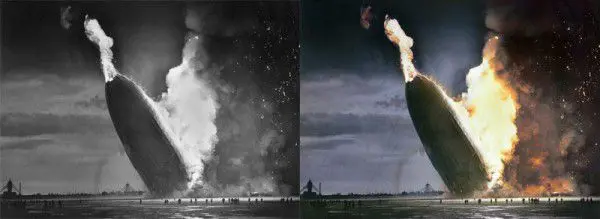
Hindenburg was an airship built by a German company, the largest in the world at the time. On the afternoon of May 6, 1937, upon arrival at Lakehurst, USA, a storm forced him to fly slower. A platoon of reporters and cameramen and a small crowd awaited the passengers, as well as a staff of 200 employees who would be tasked with bringing the ship slowly to the ground. There were 38 passengers and 59 crew on board. To everyone’s surprise, the Hindenburg suddenly caught fire, floating in the air for an agonizing moment, until it shattered on the ground. The disaster is remembered to this day. 61 of the 97 people on board survived.

Comments